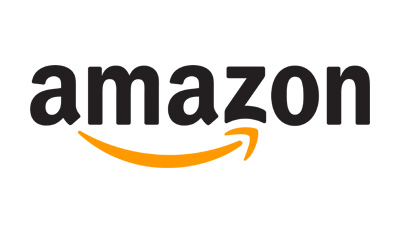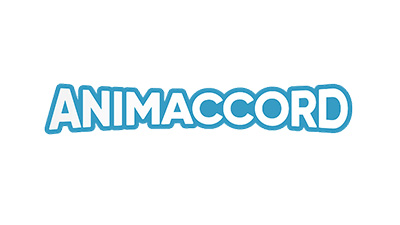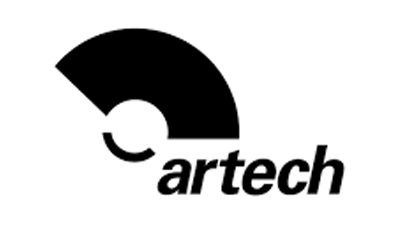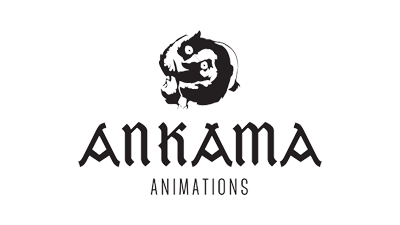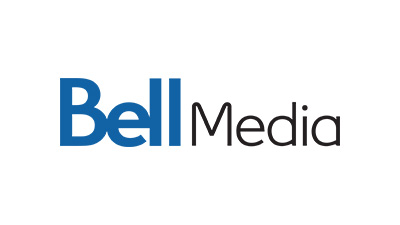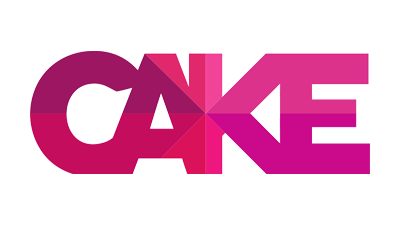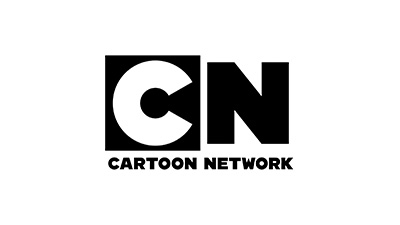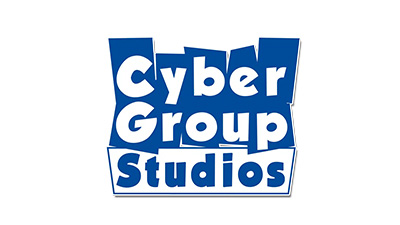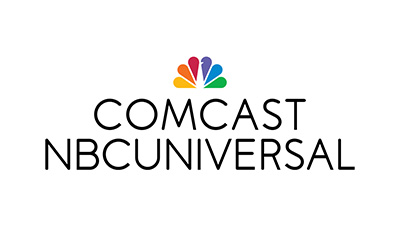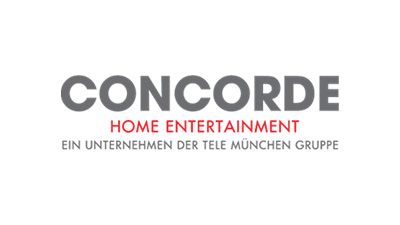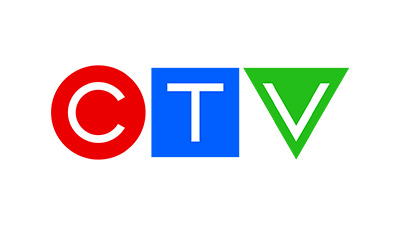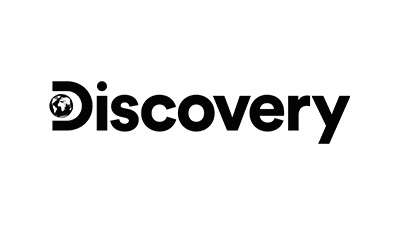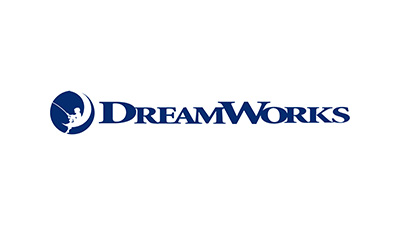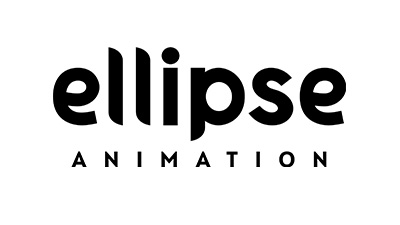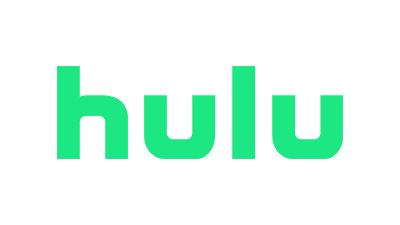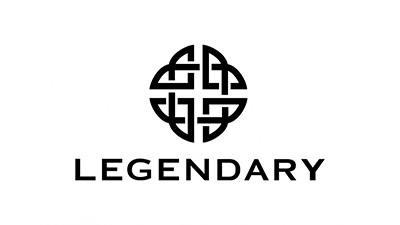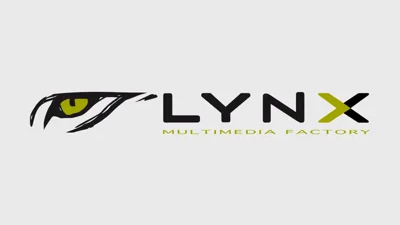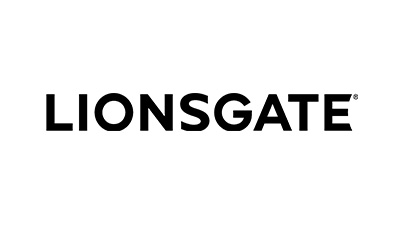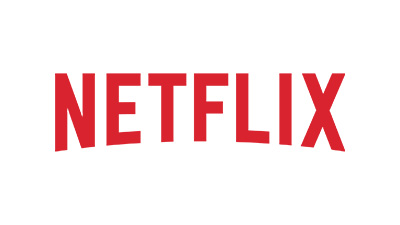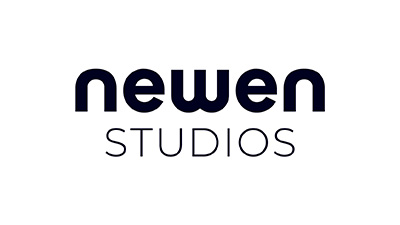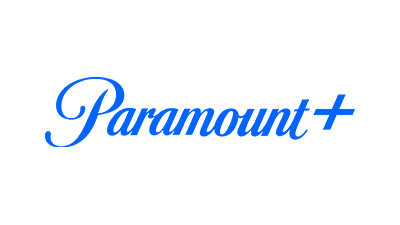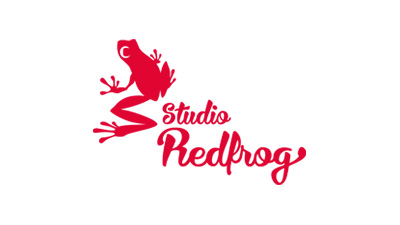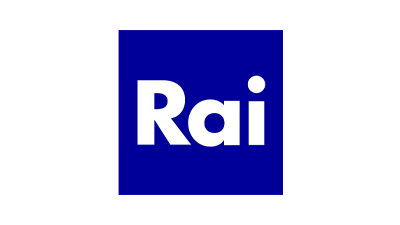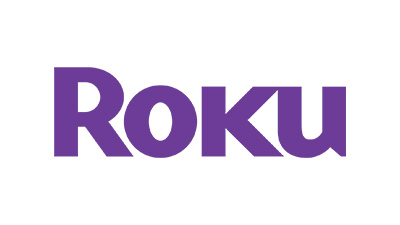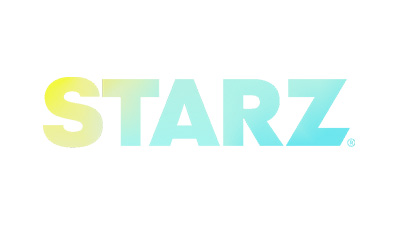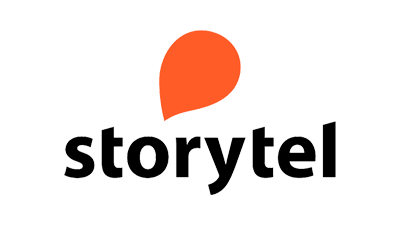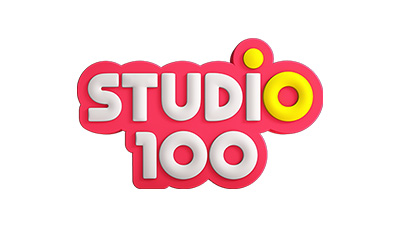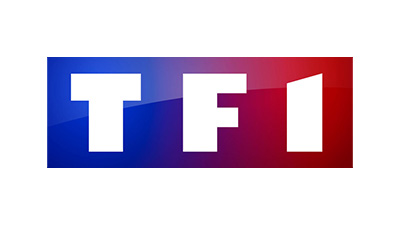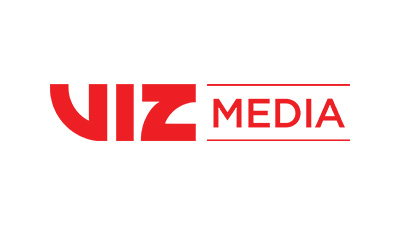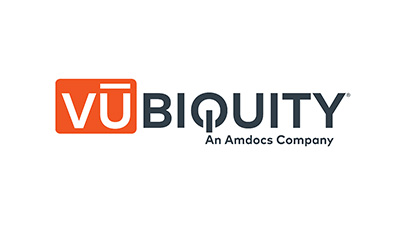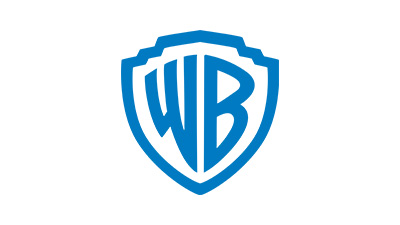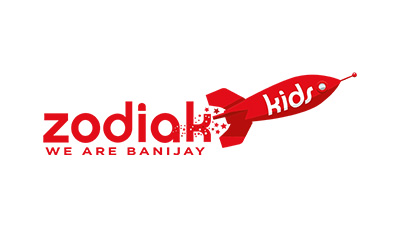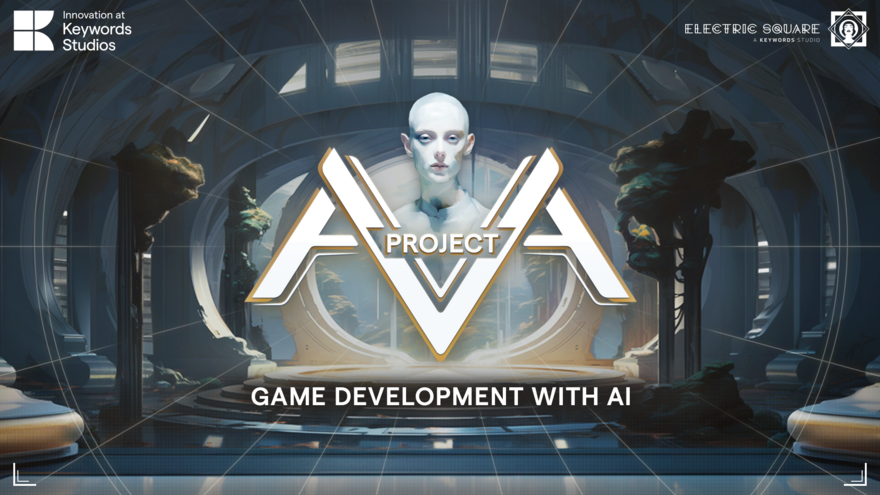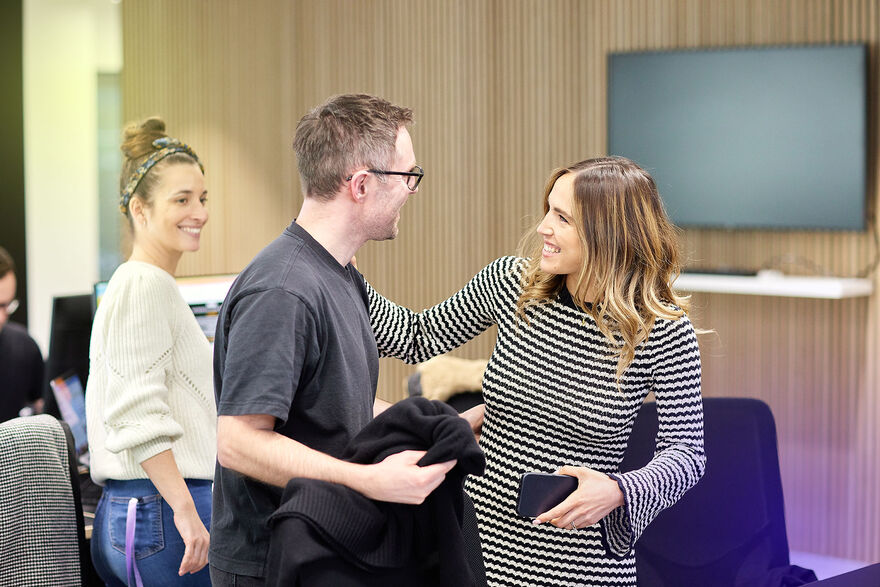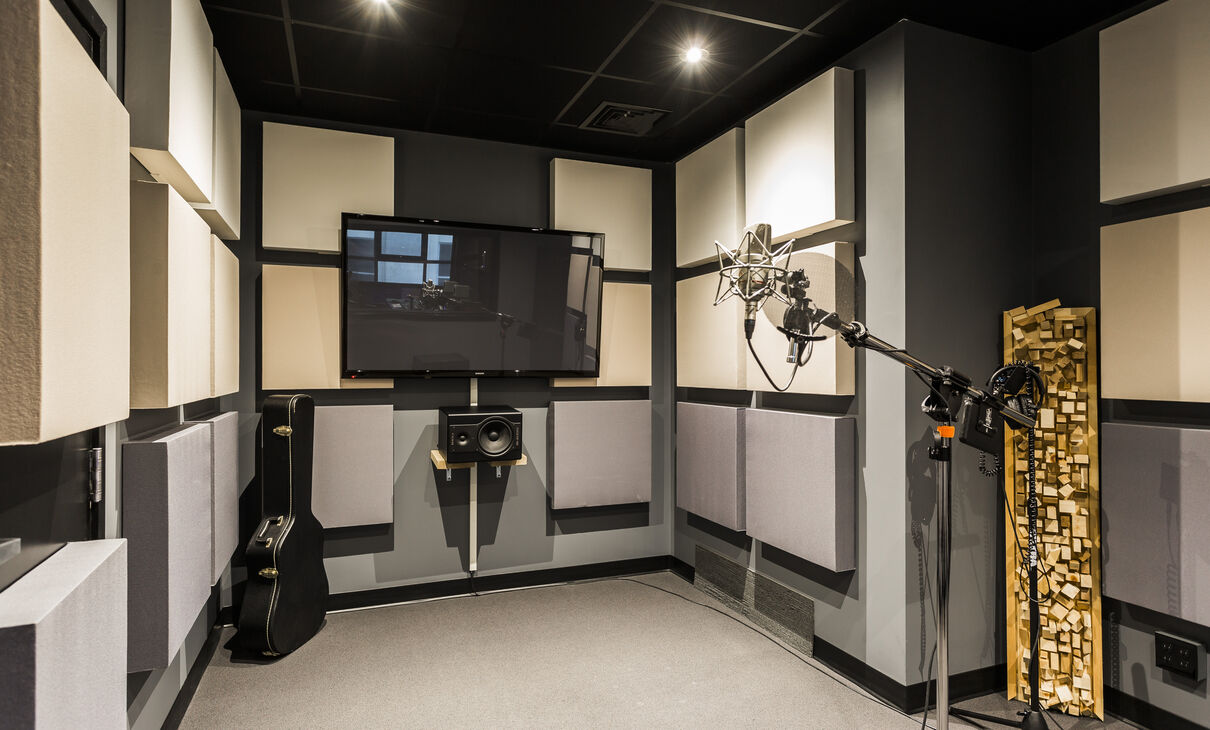Studio Profile: Jinglebell
Based in Milan and established in 1981, Jinglebell is a leading provider of digital marketing, localization and audio production services for the entertainment industry.
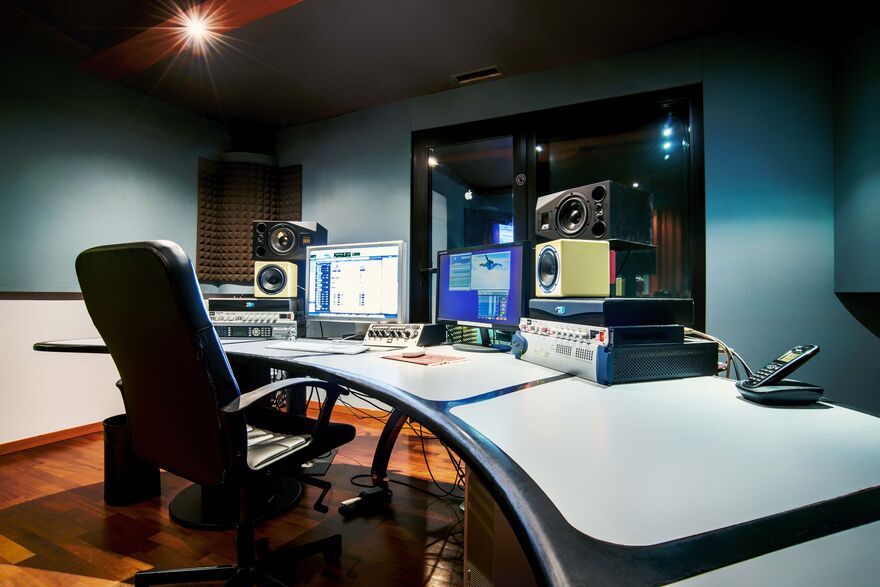
We sat down with the Head of Production Elena Parretti to discuss the studios’ 40+ years of history, its unique service offerings, how Jinglebell continues to evolve in the media and entertainment space and much more.
Jinglebell began its journey over 40 years ago! Can you tell us about the studio’s beginnings in Milan and those first few years in the entertainment industry?
The studio was founded by an advertising Executive Director and a member of a very famous prog rock band (in Italy, at least!). Advertising was booming in the early ’80 and the duo saw a huge demand for jingles, music for commercials, so they started Jinglebell to create nice (“bello” in Italian) jingles. The name of the studio puzzles most people, but it’s just a simple wordplay. Jingle plus bello. Jinglebell.
The company enjoyed enormous success pretty much from the beginning, creating jingles that are still embedded in Italian pop culture. So, the next step was to expand into voice recording. Commercials were again the starting point but features, series, video games and what was generally labelled multimedia in those years followed soon after. While linear dubbing was already thriving, game localization was still in its infancy, so the studio was literally pioneering audio techniques and processes. The first projects in this field are video games for the Philips CD-I, dated 1991!
What have been some of Jinglebell’s biggest projects and milestones to date?
Jinglebell provides many different services, so the studio’s biggest successes are incredibly varied. As mentioned above, everything started with advertising, so it’s impossible not to mention the jingles created for food brand Barilla in the ‘80s. People still remember them to this day, which is amazing.
In more recent years Jinglebell has been lucky enough to work on the dubbing and localization of some of the biggest IPs in animation and games, like CoComelon, Elden Ring, Fortnite and Harry Potter.
Fast forward to today; what services and expertise is Jinglebell offering to clients in 2024?
Today, Jinglebell offers a wide range of services for clients, not all of which are audio-related. Our four departments cover video game localization (text & audio), Media & Entertainment linear dubbing (from script adaptation to final mixing, and accessibility services like subtitling and audio description), audio for advertising and digital marketing services.
Are production processes the same across film, television and streaming? Have you noticed a change in this regard over the last 10 years?
Ten years ago, we began to witness a new avenue for consuming content with the arrival of streaming platforms. The first streaming service to break into the Italian home entertainment landscape was Netflix (in 2015), and to immediate success. Streaming was revolutionary on multiple levels. On the audience side, with a fixed monthly price you could access an incredibly large amount of entertainment content in one single place. As a dubbing provider, there was a feeling of being part of something huge; different studios across different countries were asked to work on the same title at the same time, strengthening the focus not only on providing a localized version of the content, but assuring consistency on a larger scale.
Today, putting more and more attention into the preproduction phase is mandatory, we act as an extension of clients’ team and keep an open dialogue all throughout the life cycle of the project to ensure we keep the story telling at the heart of everything and prevent any issues that may arise. The workflows we put in place during the pre-production process are pretty much the same for all types of content, whether for broadcast channels or streaming platforms, this ensures flexibility in terms of adapting to client needs.
How does the Jinglebell team manage to keep evolving in such an ever-changing industry?
At Jinglebell, we’re constantly keeping ourselves up-to-date. Every time something new breaks through the market, we’re there. We follow the news, investigate the industry, share opinions with clients and partners, and keep our ears to the ground in terms of audience feelings. When it comes to any new tools/software for speeding up workflows or improving dubbing quality, we ensure due diligence is met by way of testing.
How has joining the Keywords Studios group benefitted Jinglebell?
When Jinglebell was founded, it was an Italian company working for Italian clients, aimed at the Italian market. Now entertainment is more global than ever. Being able to partner with studios around the world, from Los Angeles to Tokyo, is of paramount importance in today’s industry.
In addition to working with an extremely talented global network of recording studios, the whole Keywords Studios infrastructure has been of tremendous help to Jinglebell since we joined the team. For example, in 2023 Jinglebell became a member of the Trusted Partner Network (TPN), a commitment to a higher degree of security measures. The support and expertise of Keywords Studios’ IT and Infosec departments were fundamental in defining a set of security controls and best practices for us going forward.
In what ways do you see the media and entertainment industry evolving over the next 5-10 years?
I think the Media & Entertainment Industry is destined to grow even more. The demand for fresh content won’t stop, and neither will the need to localize content for global audiences. Over the last couple of years, we’ve witnessed the rise of FAST Channels (Free Ad-supported Streaming Television) and today platforms like Netflix, Prime Video, Disney+ are offering new subscription solutions that are ad-supported as well. Producing content is expensive and I think we’re seeing the entertainment industry search for a more sustainable business model.
In terms of new content, what I have noticed recently is an increase in the number of short movies being commissioned. Short movies have always fascinated me. As a youngster, I used to spend a lot of time at short movie festivals and always thought they were underrepresented on linear broadcast channels (at least in Italy). But now, it seems that streaming platforms are re-discovering this and I am glad to see shorts become much more widely available now.
Last but not least, I think the entertainment industry is now more than ever focused on reaching all audiences, which means greater attention on accessibility services (subtitles, audio description, sign language). Continuing to expand the capabilities of accessibility is one of the most important goals for the industry, as entertainment is really something everyone deserves to enjoy.
Explore Our Global Offer
The Power of Partnership: Our Clients
